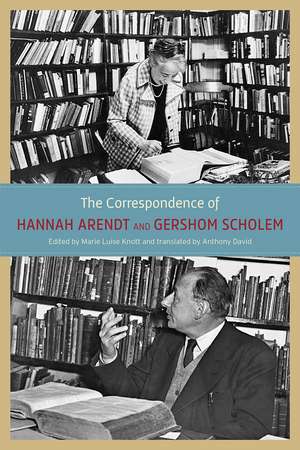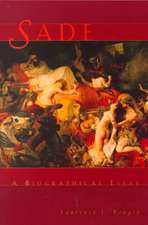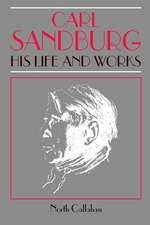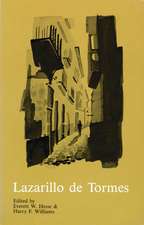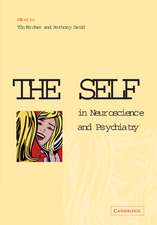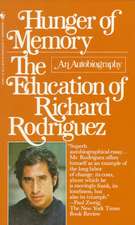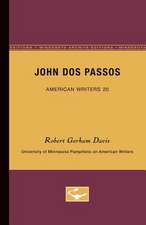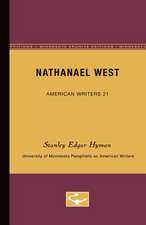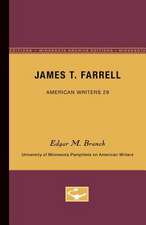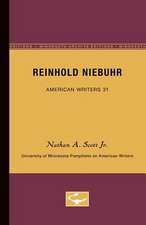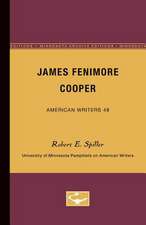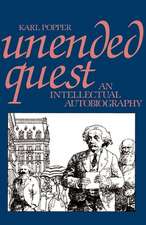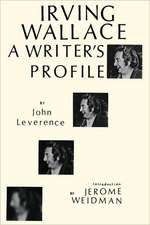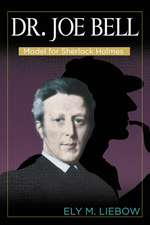The Correspondence of Hannah Arendt and Gershom Scholem
Autor Hannah Arendt, Gershom Scholem Traducere de Anthony David Editat de Marie Luise Knotten Limba Engleză Hardback – 17 noi 2017
Few people thought as deeply or incisively about Germany, Jewish identity, and the Holocaust as Hannah Arendt and Gershom Scholem. And, as this landmark volume reveals, much of that thinking was developed in dialogue, through more than two decades of correspondence.
Arendt and Scholem met in 1932 in Berlin and quickly bonded over their mutual admiration for and friendship with Walter Benjamin. They began exchanging letters in 1939, and their lively correspondence continued until 1963, when Scholem’s vehement disagreement with Arendt’s Eichmann in Jerusalem led to a rupture that would last until Arendt’s death a dozen years later. The years of their friendship, however, yielded a remarkably rich bounty of letters: together, they try to come to terms with being both German and Jewish, the place and legacy of Germany before and after the Holocaust, the question of what it means to be Jewish in a post-Holocaust world, and more. Walter Benjamin is a constant presence, as his life and tragic death are emblematic of the very questions that preoccupied the pair. Like any collection of letters, however, the book also has its share of lighter moments: accounts of travels, gossipy dinner parties, and the quotidian details that make up life even in the shadow of war and loss.
In a world that continues to struggle with questions of nationalism, identity, and difference, Arendt and Scholem remain crucial thinkers. This volume offers us a way to see them, and the development of their thought, anew.
Arendt and Scholem met in 1932 in Berlin and quickly bonded over their mutual admiration for and friendship with Walter Benjamin. They began exchanging letters in 1939, and their lively correspondence continued until 1963, when Scholem’s vehement disagreement with Arendt’s Eichmann in Jerusalem led to a rupture that would last until Arendt’s death a dozen years later. The years of their friendship, however, yielded a remarkably rich bounty of letters: together, they try to come to terms with being both German and Jewish, the place and legacy of Germany before and after the Holocaust, the question of what it means to be Jewish in a post-Holocaust world, and more. Walter Benjamin is a constant presence, as his life and tragic death are emblematic of the very questions that preoccupied the pair. Like any collection of letters, however, the book also has its share of lighter moments: accounts of travels, gossipy dinner parties, and the quotidian details that make up life even in the shadow of war and loss.
In a world that continues to struggle with questions of nationalism, identity, and difference, Arendt and Scholem remain crucial thinkers. This volume offers us a way to see them, and the development of their thought, anew.
Preț: 306.33 lei
Nou
Puncte Express: 459
Preț estimativ în valută:
58.61€ • 61.36$ • 48.50£
58.61€ • 61.36$ • 48.50£
Carte disponibilă
Livrare economică 15-29 martie
Livrare express 01-07 martie pentru 41.37 lei
Preluare comenzi: 021 569.72.76
Specificații
ISBN-13: 9780226924519
ISBN-10: 0226924513
Pagini: 336
Ilustrații: 18 halftones
Dimensiuni: 152 x 229 x 33 mm
Greutate: 0.68 kg
Ediția:1
Editura: University of Chicago Press
Colecția University of Chicago Press
ISBN-10: 0226924513
Pagini: 336
Ilustrații: 18 halftones
Dimensiuni: 152 x 229 x 33 mm
Greutate: 0.68 kg
Ediția:1
Editura: University of Chicago Press
Colecția University of Chicago Press
Notă biografică
Hannah Arendt (1905–75) was a German-born American philosopher and political theorist. Gershom Scholem (1897–1982) was a German-born Israeli philosopher and historian. Marie Louise Knott is a journalist, translator, and writer, and the author of two books on Arendt, including Unlearning with Hannah Arendt. Anthony David is the author of The Patron: A Life of Salman Schocken and the editor and translator of volumes of Scholem’s diaries and letters.
Cuprins
Introduction: “Why Have We Been Spared?” by Marie Luise Knott
Part One: The Letters
Part Two: Documents
Hannah Arendt, Five Reports from Germany
Editorial Note
Document One: Field Report No. 12
Document Two: Field Report No. 15
Document Three: Field Report No. 16
Document Four: Field Report No. 18
Document Five: Final Report to the JCR Commission
Editorial Remarks
Acknowledgments
Bibliography
Index of Persons
List of Abbreviations
Part One: The Letters
Part Two: Documents
Hannah Arendt, Five Reports from Germany
Editorial Note
Document One: Field Report No. 12
Document Two: Field Report No. 15
Document Three: Field Report No. 16
Document Four: Field Report No. 18
Document Five: Final Report to the JCR Commission
Editorial Remarks
Acknowledgments
Bibliography
Index of Persons
List of Abbreviations
Recenzii
“Inevitably, being Jewish was the central fact of their lives, and they devoted much of their careers to wrestling with the historical and political meaning of Jewishness. . The cover of The Correspondence of Hannah Arendt and Gershom Scholem, newly published in English (edited by Marie Luise Knott and translated from German by Anthony David), underscores these similarities with a visual rhyme. Arendt and Scholem are each portrayed, in separate photographs, in the act of consulting a giant tome against a background of crowded bookshelves—emblems of lives spent reading, writing, and thinking. Yet as these letters show, it was the very things that Arendt and Scholem had in common that turned out to be responsible for the ultimate rupture of their friendship.”
“Now that the full correspondence of Hannah Arendt and Gershom Scholem has finally been published, we can begin to understand the contours and dynamics of a relationship that was always complex. These letters illuminate the historical record by placing into context and documenting not only the profound differences between these powerful personalities but also their commonalities, shared activities, interests, and loyalties.”
